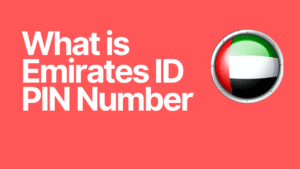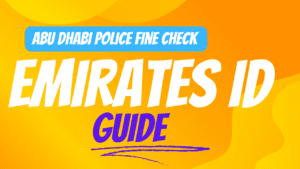Introduction
Welcome to the World of EVG Fine Check
Welcome to the world of EVG Fine Check, where financial empowerment begins. In this article, we’ll delve into the significance of EVG Fine Check and how it can revolutionize your approach to managing finances.
Why EVG Fine Check Matters for Your Finances
Understanding and implementing EVG Fine Check can be a game-changer for your financial well-being. Let’s explore why it matters and how it can positively impact your financial health.
Understanding EVG Fine Check
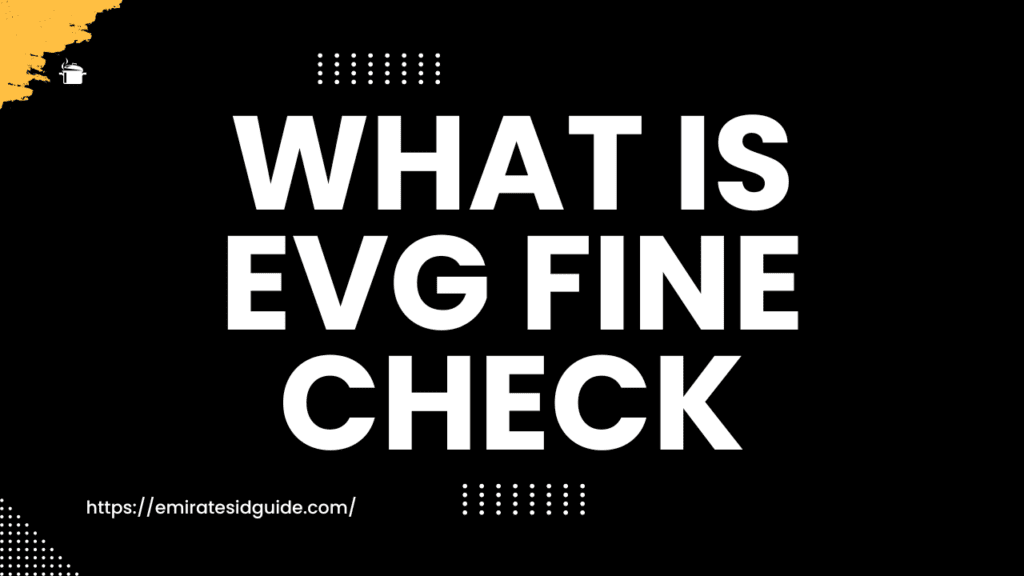
What is EVG Fine Check?
Exploring the Concept
EVG Fine Check stands for “Evaluate, Visualize, and Grow” Fine Check. It’s a comprehensive financial assessment method that goes beyond traditional approaches to provide a holistic view of your financial situation.
How it Differs from Traditional Approaches
Unlike traditional financial check-ups that focus solely on numbers, EVG Fine Check incorporates behavioral economics and psychology to understand your financial habits and mindset.
The Importance of Regular Fine Checks
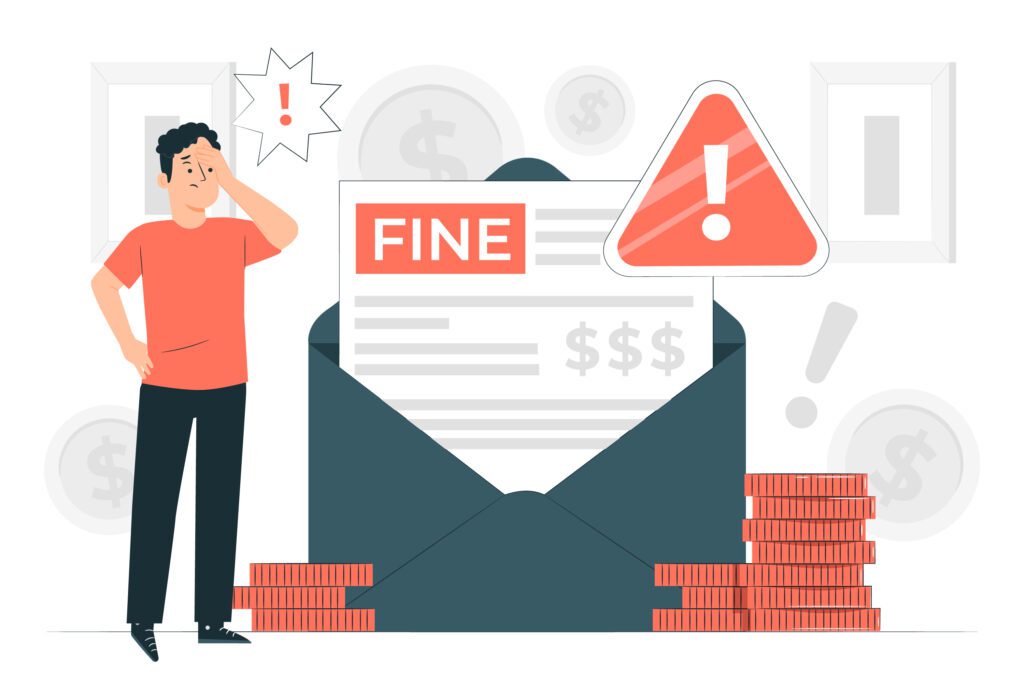
Why You Shouldn’t Ignore Them
Regular EVG Fine Checks are crucial for staying on top of your finances. They help identify areas of improvement, track progress toward financial goals, and adapt to changing circumstances.
How Often Should You Conduct Them?
The frequency of EVG Fine Checks depends on individual circumstances. However, conducting them at least quarterly is recommended to maintain financial clarity and agility.
Getting Started with EVG Fine Check
Assessing Your Financial Health
Understanding Your Income and Expenses

Start by analyzing your income sources and monthly expenses. This step lays the foundation for understanding your cash flow and identifying potential areas for improvement.
Analyzing Your Assets and Liabilities
Take stock of your assets (e.g., savings, investments) and liabilities (e.g., debts, loans). This analysis provides insights into your overall financial position and informs future decision-making.
Setting Financial Goals
Short-term vs. Long-term Goals
Define both short-term goals (e.g., paying off credit card debt) and long-term goals (e.g., saving for retirement). Having a mix of goals ensures you’re addressing immediate needs while planning for the future.
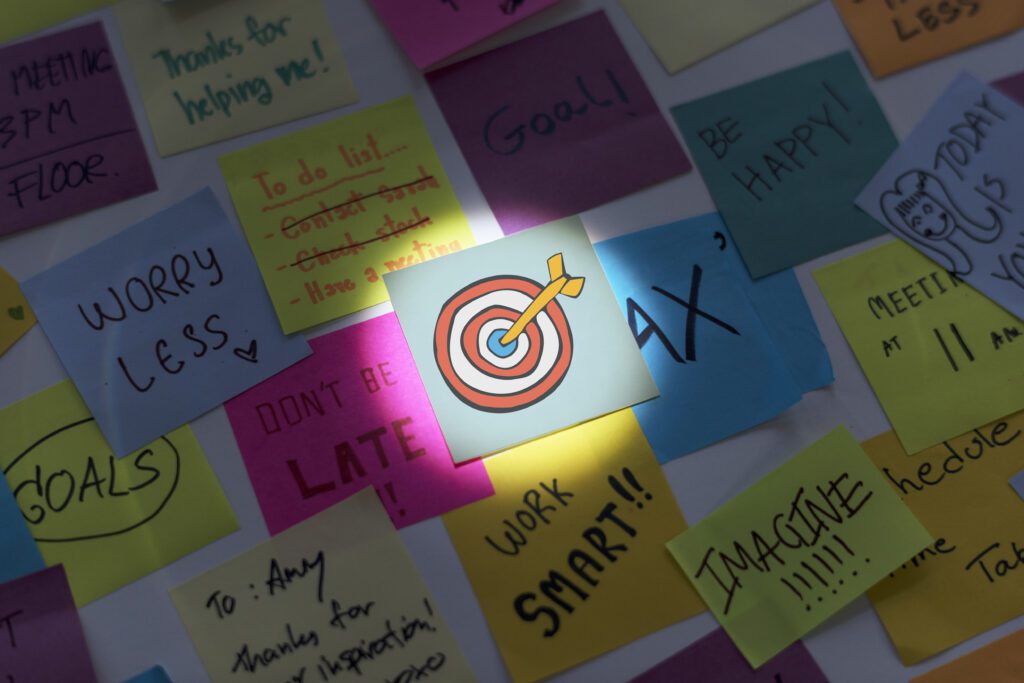
SMART Goal Setting for Financial Success
Utilize the SMART criteria (Specific, Measurable, Achievable, Relevant, Time-bound) to set clear and actionable financial goals. This approach enhances accountability and increases the likelihood of success.
Fine-Tuning Your Budget with EVG Fine Check
Creating a Comprehensive Budget
Tracking Your Spending Habits
Track your expenses diligently to understand where your money is going. This awareness is essential for making informed decisions and identifying areas where you can cut back.
Identifying Areas for Improvement
Review your spending patterns regularly to identify areas where you can trim expenses. Small adjustments can add up to significant savings over time.
Implementing Budget Adjustments
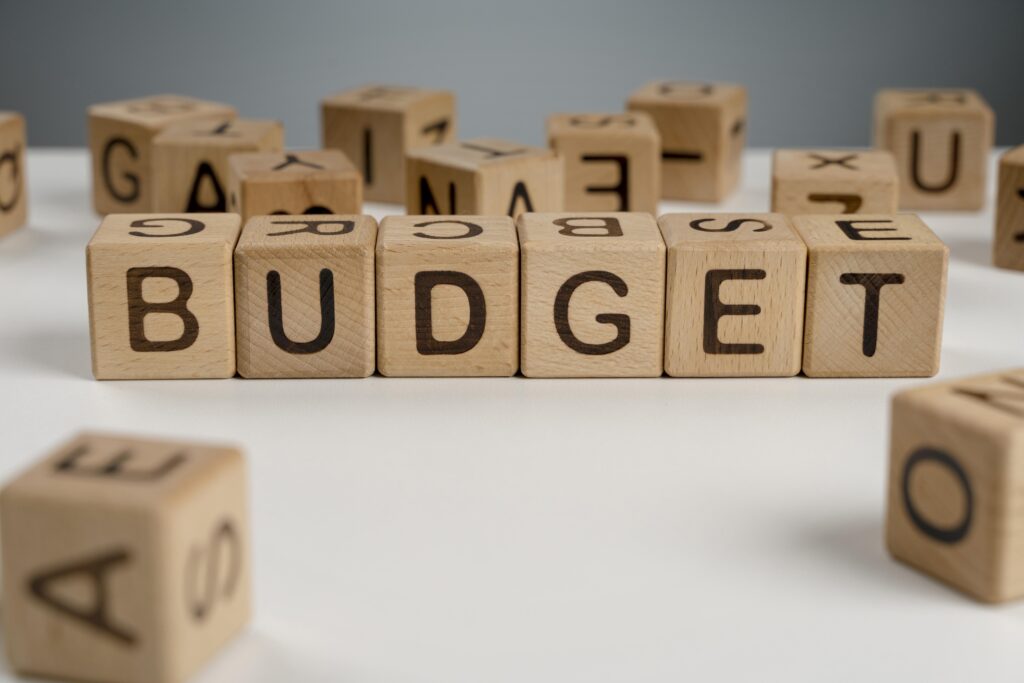
Cutting Unnecessary Expenses
Identify non-essential expenses and eliminate or reduce them where possible. This could include dining out less frequently, canceling unused subscriptions, or finding cheaper alternatives.
Maximizing Savings Opportunities
Explore ways to maximize your savings, such as automating transfers to a savings account or taking advantage of employer-sponsored retirement plans. Every dollar saved brings you closer to your financial goals.
Utilizing EVG Fine Check for Debt Management
Evaluating Your Debt Situation
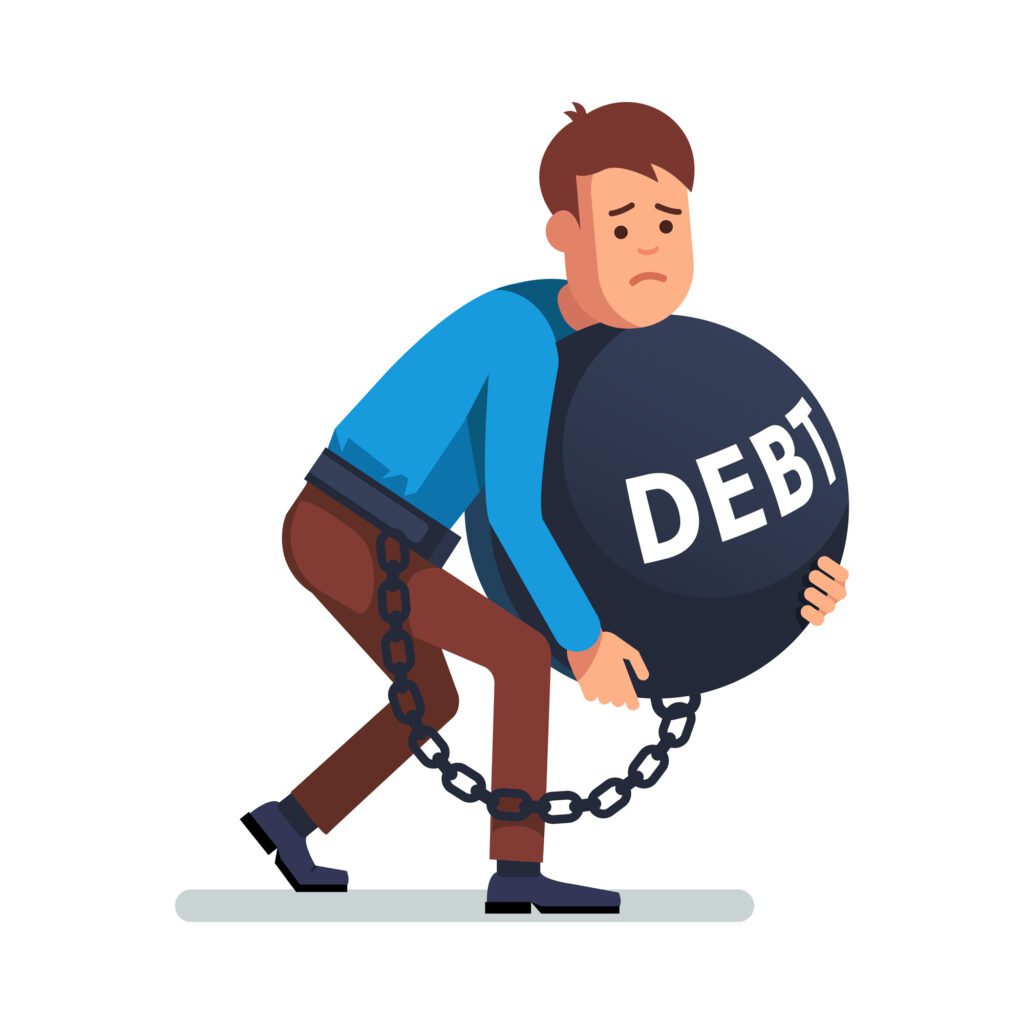
Types of Debt: Good vs. Bad
Distinguish between “good” debt (e.g., a mortgage) and “bad” debt (e.g., high-interest credit card debt). Prioritize paying off high-interest debt to minimize interest costs.
Calculating Your Debt-to-Income Ratio
Calculate your debt-to-income ratio by dividing your total monthly debt payments by your gross monthly income. This metric helps assess your ability to manage debt responsibly.
Developing a Debt Repayment Strategy
Snowball vs. Avalanche Method
Consider different debt repayment strategies, such as the snowball method (paying off the smallest debt first) or the avalanche method (paying off the debt with the highest interest rate first). Choose the approach that aligns best with your financial goals and preferences.
Negotiating with Creditors
If you’re struggling to meet debt obligations, consider negotiating with creditors for lower interest rates or extended payment terms. Many creditors are willing to work with borrowers facing financial hardship.
Investing Wisely with EVG Fine Check
Assessing Your Investment Portfolio
Diversification: The Key to Risk Management
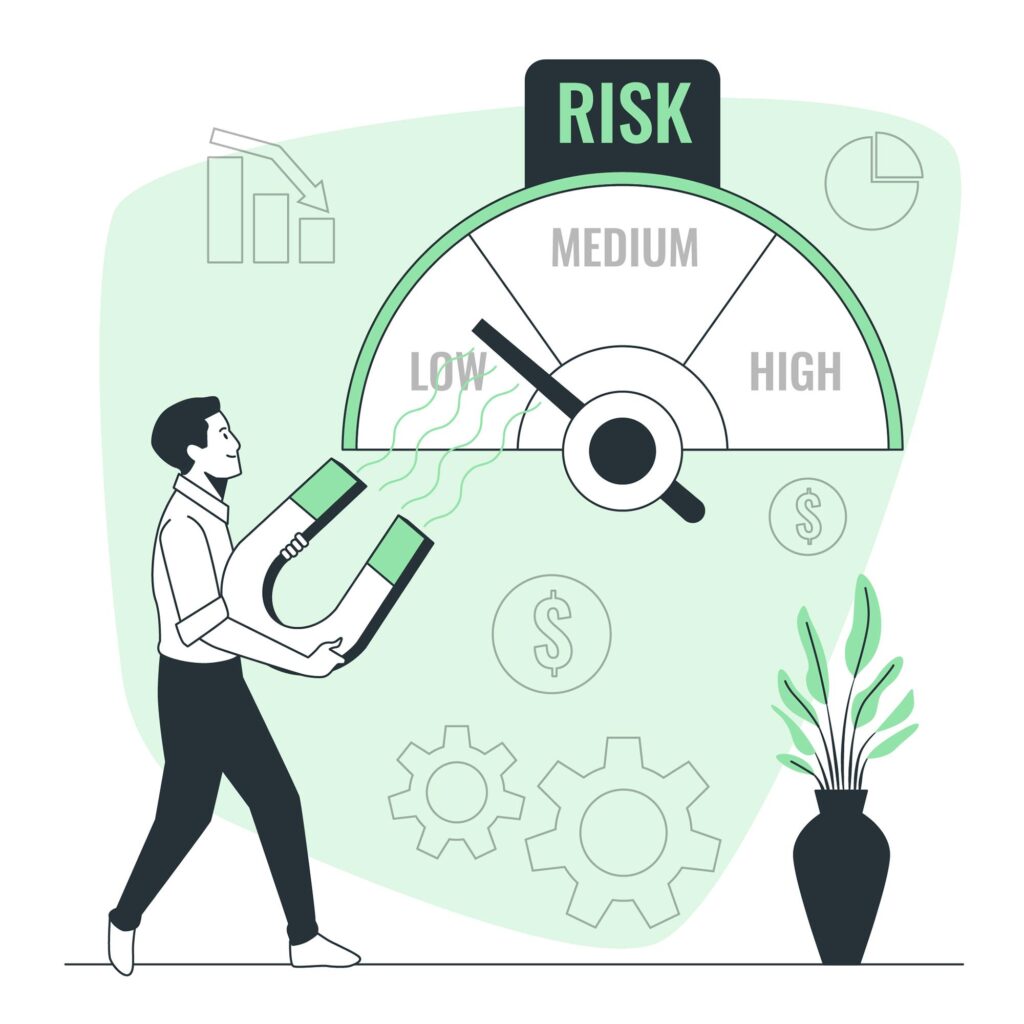
Diversify your investment portfolio across different asset classes (e.g., stocks, bonds, real estate) to mitigate risk. A diversified portfolio is less susceptible to market fluctuations.
Monitoring Investment Performance
Regularly monitor the performance of your investments and rebalance your portfolio as needed. This ensures that your investments remain aligned with your financial goals and risk tolerance.
Making Informed Investment Decisions
Researching Investment Options
Before investing, thoroughly research different investment options and consider factors such as risk, return potential, and liquidity. Don’t hesitate to seek advice from financial professionals if needed.
Seeking Professional Advice
Consulting with a financial advisor can provide valuable insights and guidance tailored to your specific financial situation and goals. A professional advisor can help you navigate complex investment decisions and optimize your portfolio for long-term growth.
Protecting Your Financial Future with EVG Fine Check
Building an Emergency Fund
Determining the Ideal Emergency Fund Size
Save enough to cover three to six months’ worth of living expenses in an emergency fund. This buffer provides financial security and peace of mind in times of unexpected hardship.
Strategies for Saving Emergency Funds
Automate contributions to your emergency fund and treat it as a non-negotiable expense. Set up a separate savings account to prevent temptation and ensure funds are easily accessible when needed.
Securing Insurance Coverage
Understanding Different Types of Insurance
Educate yourself about various types of insurance, including health insurance, life insurance, and property insurance. Each type serves a different purpose in protecting your financial well-being.
Ensuring Adequate Coverage for Your Needs
Review your insurance coverage regularly to ensure it aligns with your current needs and circumstances. Make adjustments as necessary, especially after major life events such as marriage, birth, or job changes.
Evaluating Progress and Adjusting Course
Reviewing Your Financial Goals Regularly
Celebrating Milestones and Successes

Celebrate progress towards your financial goals, no matter how small. Recognizing achievements boosts motivation and reinforces positive financial habits.
Identifying Areas for Improvement
Reflect on areas where you can improve your financial management practices. Whether it’s reducing expenses, increasing savings, or refining investment strategies, there’s always room for growth.
Adjusting Your Financial Plan Accordingly
Adapting to Life Changes
Life is unpredictable, and financial plans should be flexible enough to accommodate changes. Whether it’s a job loss, marriage, or unexpected expenses, be prepared to adjust your plan as needed.
Revising Strategies for Better Results
Continuously evaluate the effectiveness of your financial strategies and be willing to pivot if necessary. What worked in the past may not always be suitable for the future, so stay nimble and open to change.
Conclusion
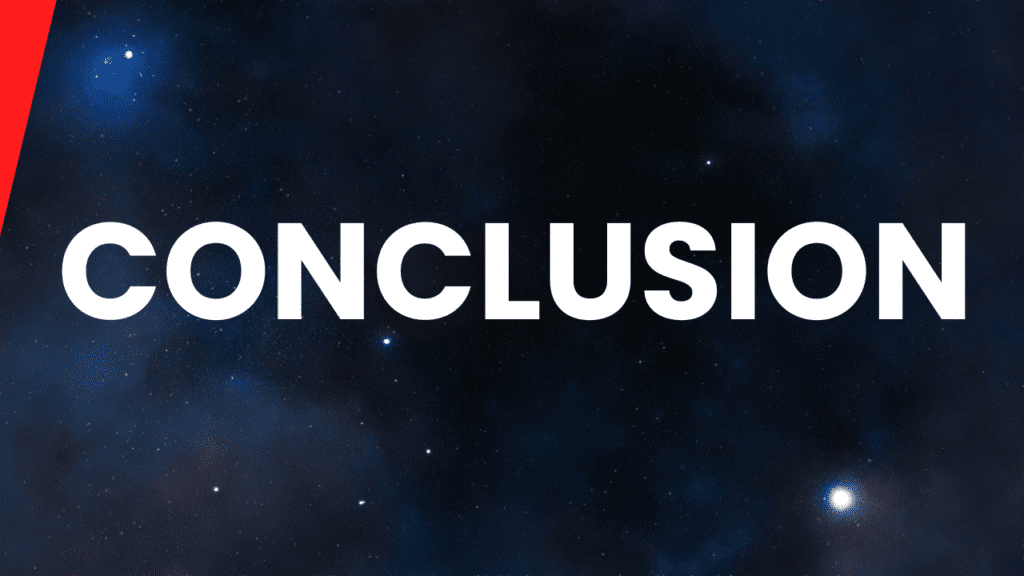
Recap of the Benefits of EVG Fine Check
In conclusion, EVG Fine Check is not just a financial tool—it’s your ally in achieving financial success and security. By evaluating, visualizing, and growing your finances regularly, you empower yourself to make informed decisions and create a brighter financial future.
Empowering Yourself with Financial Knowledge and Tools
Take control of your financial destiny by embracing EVG Fine Check and the wealth of knowledge and tools it offers. Remember, financial literacy is a journey, and EVG Fine Check is your compass guiding you toward your goals. By understanding the concept, importance, and practical application of EVG Fine Check, you’re equipping yourself with the skills and mindset necessary to navigate the complex world of personal finance.
As you embark on this journey, don’t hesitate to seek support and guidance from financial professionals or online resources. Whether it’s refining your budgeting skills, managing debt effectively, or making informed investment decisions, there are countless resources available to help you along the way.
Incorporate EVG Fine Check into your financial routine as a regular practice, just like brushing your teeth or exercising. Consistency is key to reaping the full benefits of this approach and ensuring long-term financial success.
By prioritizing your financial well-being and leveraging the power of EVG Fine Check, you’re not only securing your own future but also setting a positive example for generations to come. Take the first step today and embrace EVG Fine Check as your money’s best friend. Your financial future starts now.

